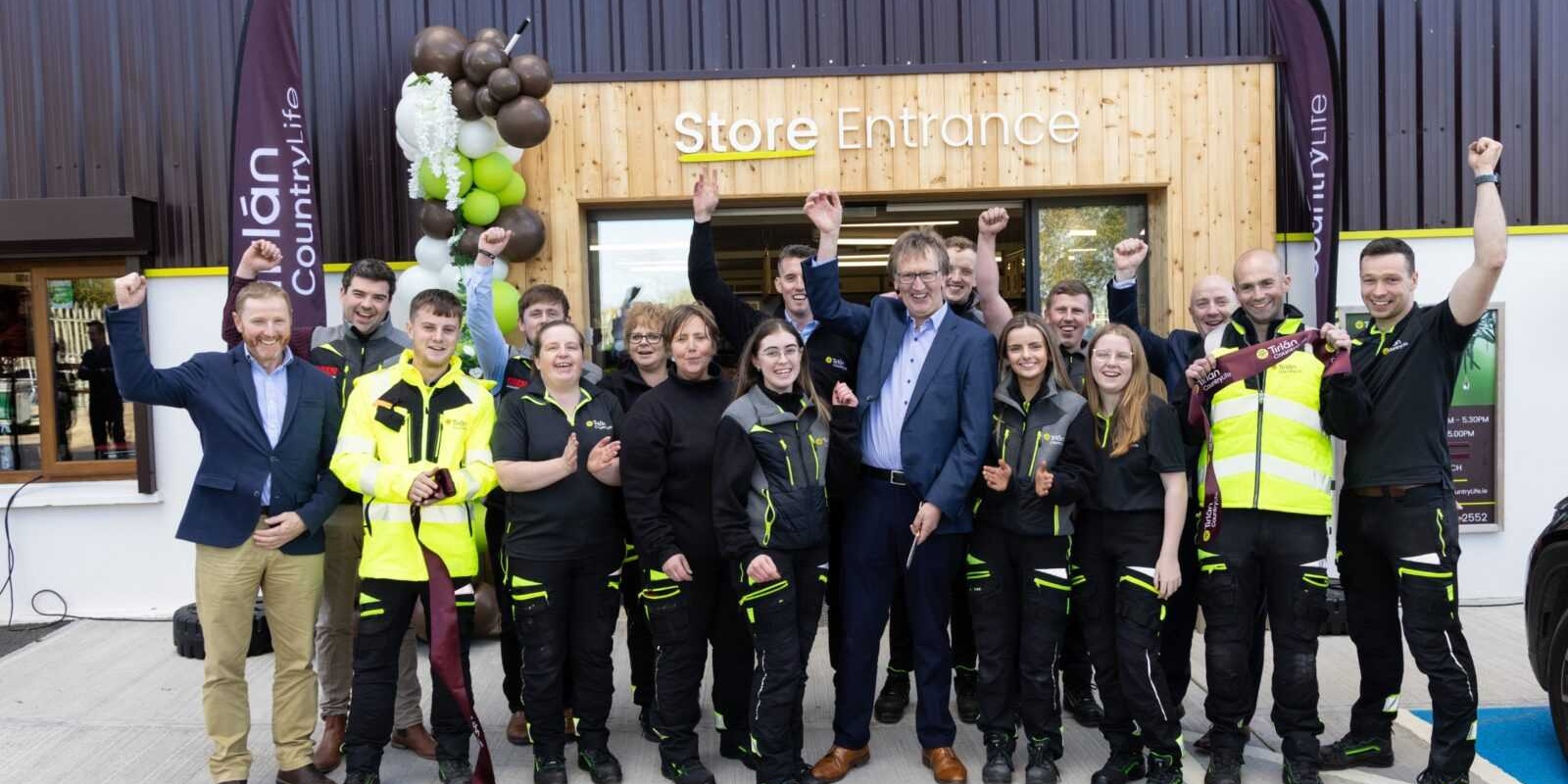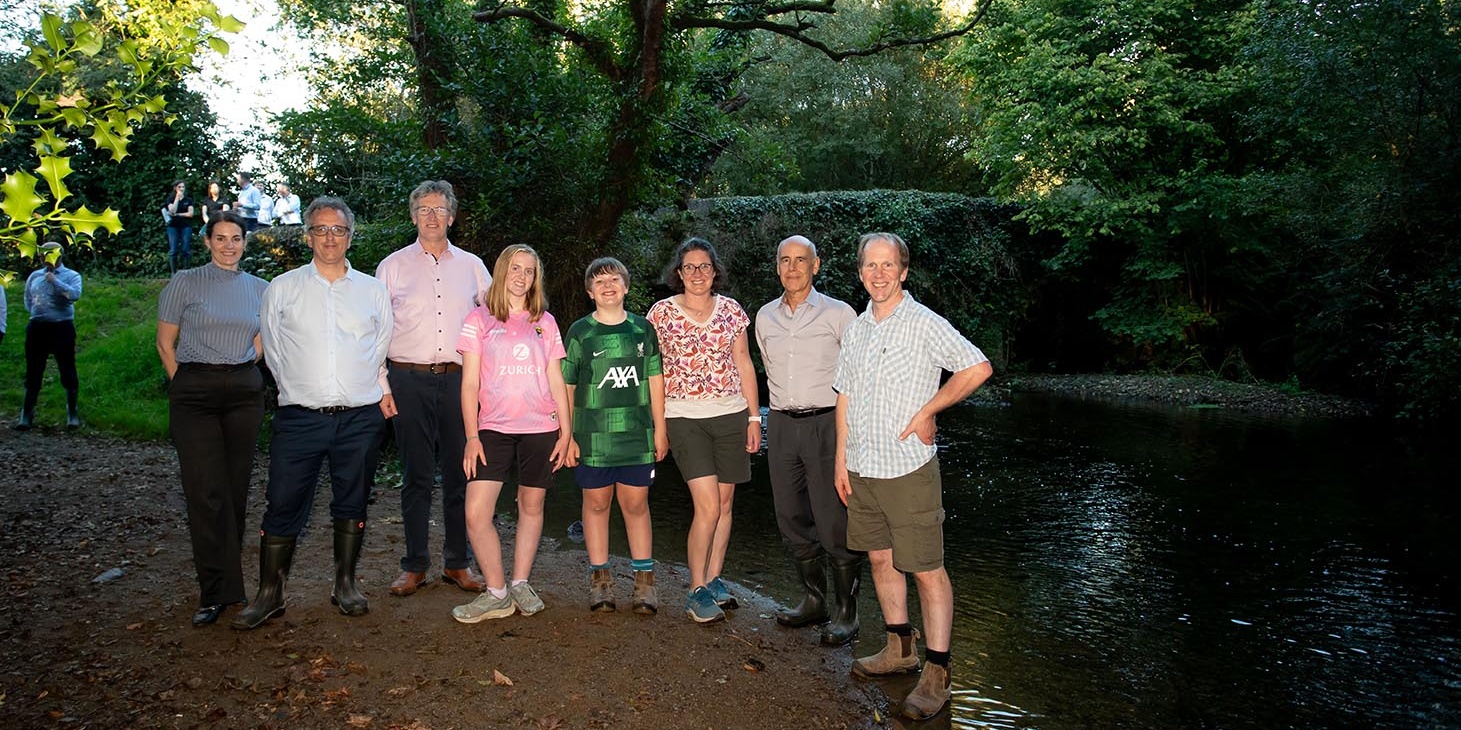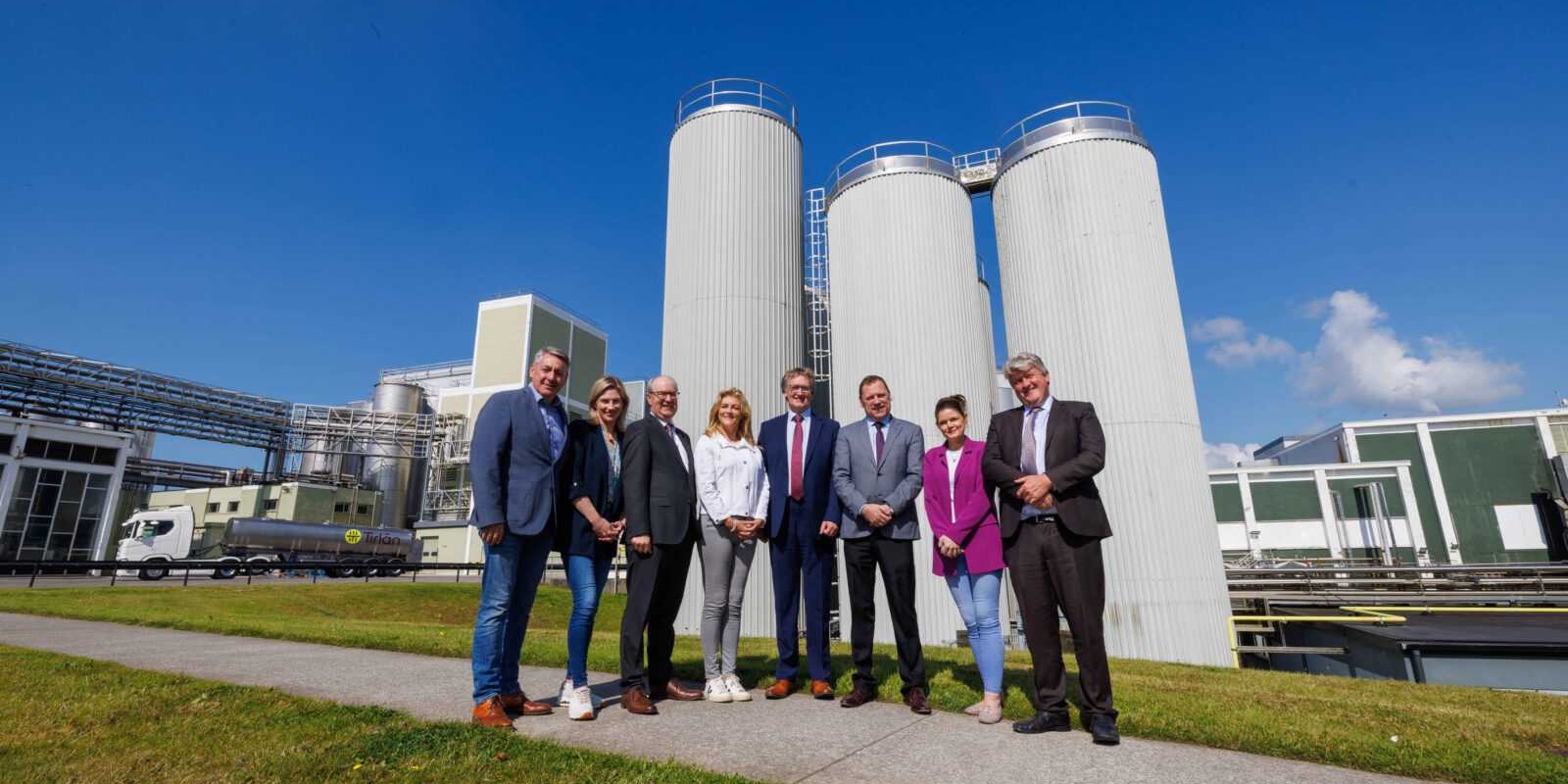Innovation ahead
Plant Director at Kilkenny Cheese Ltd, Sybram van Beem, shares with Overherd his excitement about building a new cheese factory at Belview
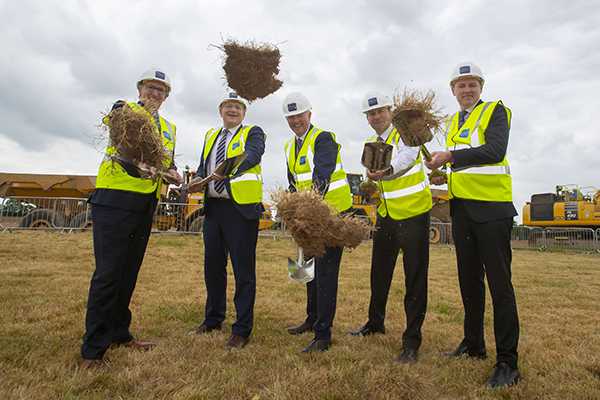
Pictured at the turning of the sod on Glanbia Co-Op and A-ware’s €200 million continental cheese facility at Belview County Kilkenny are from left John Murphy Chairman Glanbia Co-op; Jan Anker, Chief Executive of Royal A-ware; Jim Bergin, Chief Executive of Glanbia Co-op; Tánaiste Leo Varadkar; Charlie McConalogue TD, Minister for Agriculture, Food and the Marine
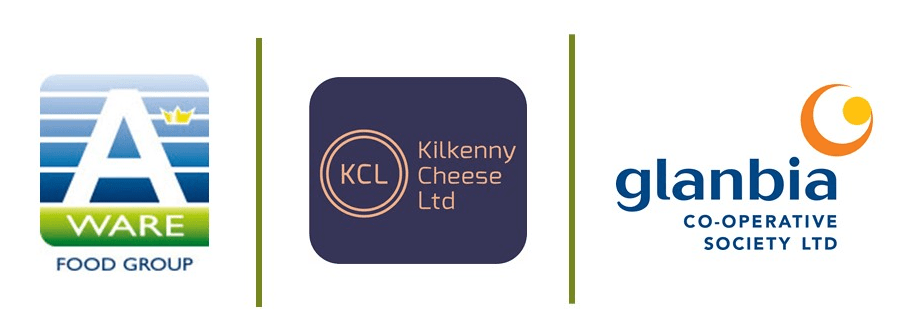
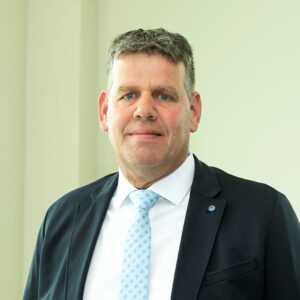
Sybram van Beem is the Plant Director at Kilkenny Cheese Ltd (KCL) in Belview, which is Glanbia Co-op’s new joint venture with Dutch food company Royal A-ware. The ceremonial sod was recently turned at the new continental cheese facility in South Kilkenny, and with Sybram in attendance, Overherd took the opportunity to catch up employee number one of KCL who’s originally from Friesland in the northern Netherlands.
Congratulations on your new role with Kilkenny Cheese Ltd. Perhaps you could give our readers some details of your career and the journey that has taken you to Kilkenny?
Thank you, it’s very nice to be introduced to everyone at Glanbia Ireland and thank you for the invitation to be interviewed. My background is mainly with Friesland Campina where I worked for over 25 years, mostly in cheese production and supply chain but I also worked for the infant food and toddler division. During that time, I was the plant manager at several big production facilities, but I never had the opportunity to start up a new greenfield production facility, which has always been one of my ambitions. So, when I got a call to see if I’d be interested starting up a new cheese factory, I couldn’t resist the opportunity.
Regarding your background, are you from a farming family?
Not directly, as my father was a schoolteacher, but his father was a dairy farmer and I grew up in the Northern part of Friesland, which is a rural area, a bit like the southeast of Ireland. As my best friend at school was a farmer, I used to spend a lot of time at his farm, giving a helping hand with some work, driving tractors, hand milking cows etc. so I’m very familiar with farm life.
Can you tell us about your new role as Plant Director at Kilkenny Cheese Ltd.?
In a nutshell, the role is to ensure that the factory successfully meets all requirements from our customers, employees and both joint venture partners. We aim to start processing milk from farmers in the southeast of Ireland from January 2024 onwards. Products that we are aiming to produce are for example Gouda and Edam cheeses, the so-called continental cheese types. This will open up a completely new market for Irish dairy and in light of the Brexit issues, also enables Glanbia to divert milk from Cheddar into different cheese types.
Before we get to that point, of course we have to build the factory and part of my role will be overseeing this, ensuring the right equipment is installed, operational readiness planning etc. etc. We’re investing €200m in the plant but one of the most important elements is finding and training the right people for the job and enabling them to produce high quality continental cheese. The factory will be built, I’m sure of that, but the people are the key ingredient to run it successfully.
That’s very interesting, could you tell us about the process for making continental cheese?
Yes, the first steps in the process you can compare with making Cheddar. After receiving the milk, we standardize the milk on fat, the milk gets pasteurized and is pumped into the cheese vat. The recipe in the cheese vat has additional steps in comparison with Cheddar. After coagulation and cutting of the gel, we withdraw a part of the whey from the cheese vat and we add warm water to wash the curd. When the curd is ready, we fill the curd via a Casomatic in cheese moulds. The Casomatic looks like a Block former but has three sections where we can drain the last whey from the curd. After filling the cheese moulds, the curd gets pressed in the pressing system to a firm block. After demoulding the cheese floats in the brine bath where it stays for max three days. In the brine bath the cheese gets salted and that is also a big difference with Cheddar, which is dry salted. After the brine, the cheese is packed in plastic film and after maturation the cheese is ready for our customers.
A very interesting part of this joint venture is that we will be producing continental cheese with Irish milk, which is different compared with the Dutch producers. The milk is mainly coming from grass fed cows and we hope to leverage on the authenticity and reputation of the Irish Dairy.
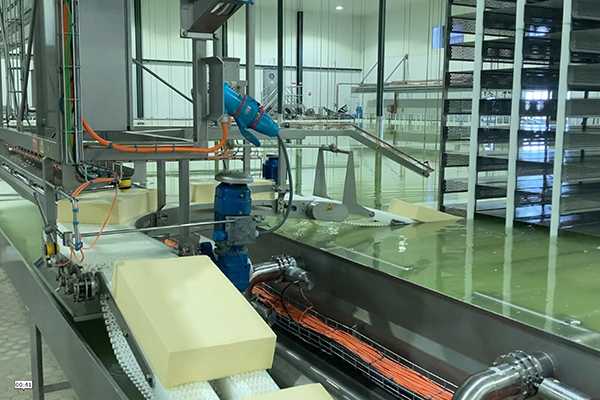
How about you personally, are you planning on moving to Ireland?
Yes, I’m currently looking for a house and I’m planning on moving over at the start of next year. In the meantime, with Ireland being only a five-hour journey from my home, I will travel back and forth a lot, particularly when it comes to interviewing new employees for the factory. My wife and I will maintain our house in the Netherlands as we plan on moving back eventually. My kids are all over 20 so they won’t be moving, but I look forward them visiting us while we are here.
I’m a sports fan, particularly of the Ajax football team and Formula 1 where I enjoyed seeing Max Verstappen win the world championship last season, which was like a rollercoaster of emotions and tension. While moving to Ireland, I’m interested in learning more about the culture and I’ve recently heard about Hurling, which I hope to see someday.
You met a good number of Glanbia Co-op employees at the sod turning event and through other interactions, what are your impressions and how do you feel the cultures of Glanbia Co-op and Royal A-ware will combine?
I’ve met a lot of Irish people and I think they’re very open and welcoming. From my meetings with the GI employees, I see they are open, friendly and hardworking. I think it’s a very good match with people from A-ware where there is also a ‘can-do’ mentality and working together to ‘get the job done’. There were a lot of roadblocks in the KCL project but both companies never gave up and you can see that everyone involved is eager to make the project successful. I think within Glanbia you have a lot of knowledge about technology, milk, and farming – this is similar on the A-ware side – and we can make the best of both worlds and grow something beautiful.
What are you most looking forward to over the coming years as the Kilkenny Cheese Ltd project progresses?
The start-up of the cheese factory is always the most complicated part, and of course there will be unforeseen events and complications, but I think if we can stay together as a team, we can overcome any challenges. Having a good start of the factory is the main goal, once the ramp up is finalised, we can also look into innovations. A smooth start with a good team of people is what I’m most looking forward to.





